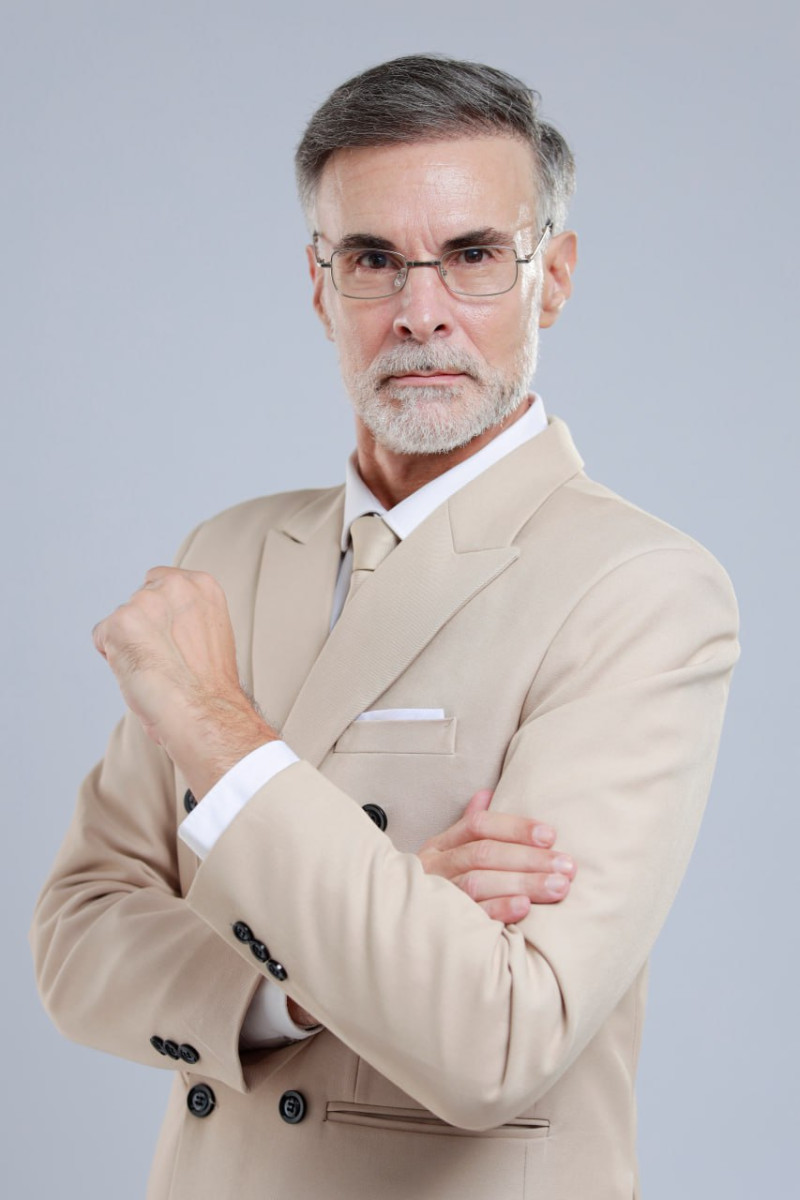Elizabeth Holmes' prison sentence has been delayed
Disgraced Theranos CEO Elizabeth Holmes will not be starting prison yet.
Under rules from the 9th U.S. Circuit Court of Appeals, Holmes' surrender date, scheduled for Thursday, has been automatically delayed until the court rules on her appeal.
The delay is routine for 9th Circuit appeals and was expected by all parties.
A spokesman for the U.S. Attorney's Office for the Northern District of California declined to comment.
It comes five months after a federal judge sentenced Holmes to 11 years behind bars for misleading investors about her blood-testing startup, which landed her on the cover of national magazines and made her a darling of Silicon Valley.
Holmes, 39, the mother of two, had been set to turn herself over to the U.S. Marshal's Office, which would transfer her to a federal prison facility.
The court recommended the Federal Prison Camp at Bryan, Texas, about 100 miles outside of Houston, where Holmes has family.
While it is unclear when the appeals court will rule on Holmes' latest effort to undo her conviction, her co-defendant, Ramesh "Sunny" Balwani, the No. 2 at Theranos, was able to postpone his sentence by about a month due to a similar automatic appeals court delay.
Balwani is currented incarcerated at a federal prison on Terminal Island in San Pedro, Calif.
Earlier this month, U.S. District Judge Edward Davila, who presided over Holmes' trial, found that her appeal did not raise "substantial questions of law or fact," and that she should not be allowed to remain out on bail as she fights her conviction.
But Holmes' freedom is now in the hands of the Ninth Circuit.
Last January, Holmes was convicted of fraud and conspiracy for duping investors about technology that she boasted would revolutionize how blood testing is performed by testing for hundreds of conditions with just a pinprick of blood.
But the technology never worked as promised. For instance, prosecutors showed that Holmes relied on altered third-party machines, not the company's own proprietary devices, to conduct blood tests, which were often riddled with inaccuracies.
During the trial, Holmes expressed regret and said she wished she had operated the company differently.
"Every day for the past years I have felt deep pain for what people went through because I failed them," Holmes said at the time.
Lawyers for Holmes argued that she was being unfairly punished for running a business that failed, and that she made a good faith attempt to succeed before the company imploded.
Holmes' lawyers asked the judge for home confinement and community service and no more than a year in a half in prison, citing her toddler and now newborn child who need care.
Prosecutors asked the judge that Holmes be sentenced to 15 years, arguing that she "chose lies, hype and the prospect of billions of dollars over patient safety and fair dealing with investors."
Ultimately, Davila handed down a prison term of 11 years.
"This is a fraud case where an exciting venture went forward with great expectations and hope only to be dashed by untruth, misrepresentations, hubris, and plain lies," said Davila last November before announcing his punishment.
"I suppose we step back and we look at this, and we think what is the pathology of fraud? Is it the inability or the refusal to accept responsibility or express contrition in any way? Now, perhaps that is the cautionary tale that will go forward from this case."
Disclaimer: The copyright of this article belongs to the original author. Reposting this article is solely for the purpose of information dissemination and does not constitute any investment advice. If there is any infringement, please contact us immediately. We will make corrections or deletions as necessary. Thank you.







